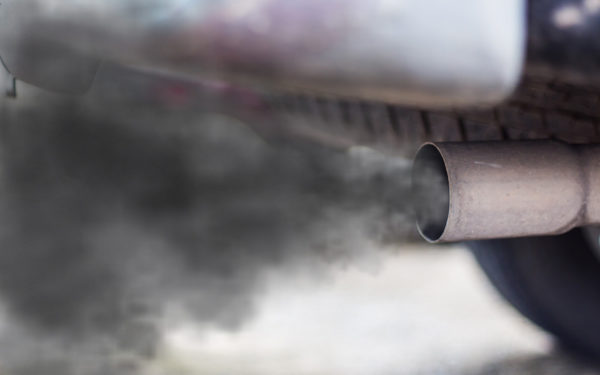New Study: Going 100% with Clean Car Rule Would Deliver $21 Billion in Societal Benefits
Maine’s proposed rule to spur electric vehicle purchases should go farther
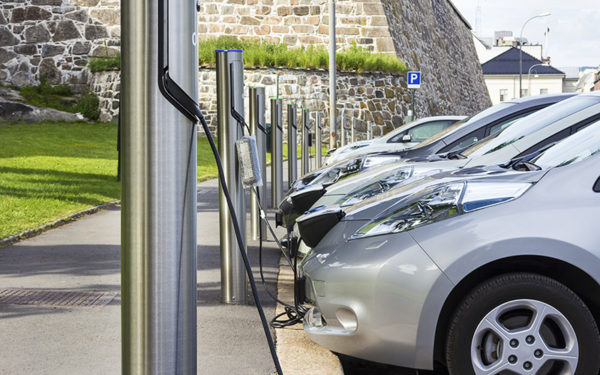
Maine’s proposed rule to spur electric vehicle purchases should go farther

The cars, buses, and trucks we drive are the largest source of climate damaging emissions in the region. We need bold standards to slash this pollution and slow climate change.

The Advanced Clean Cars II standards will require automakers to produce more electric cars, increasing their availability for Massachusetts residents.

From better batteries to more public charging stations, electric cars can take New England winters like a champ.
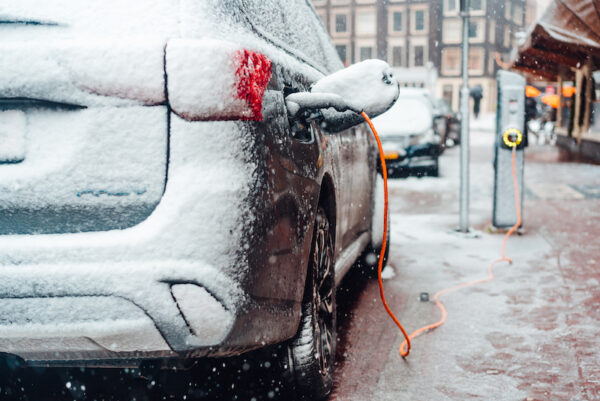
We find ourselves on the cusp of a sea change in how we transport people and goods as we urgently work to cut the climate-damaging emissions that spew from New Englanders’ tailpipes.
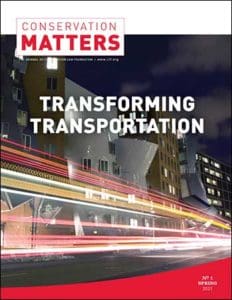
“I like this car because of the gas money it saves me,” says CLF Staff Attorney Elena Mihaly about her plug-in electric hybrid. Elena lives on a dirt road in Vermont and commutes 40 miles each way to the CLF office in Montpelier. To save on gas and reduce her carbon footprint, she’s leasing an electric car.
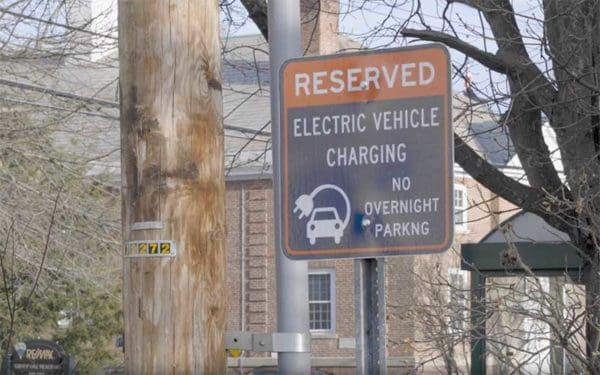
Nearly 30% of climate-damaging emissions nationwide come from transportation. Switching to electric cars and powering them with clean energy like solar and wind will slash our emissions and help us avoid the worst effects of climate change.
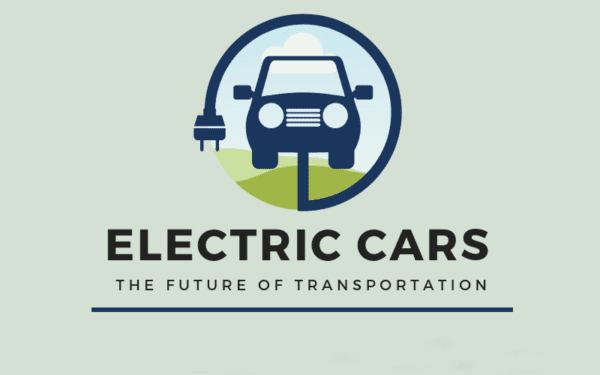
It’s that time of year again—National Drive Electric Week! Every year, people across the nation celebrate the benefits of electric vehicles and showcase their cars during events throughout the country. From not shelling out money at the gas pump to not spewing pollution, there’s a lot to celebrate. Pollution from transportation, including the cars and trucks we drive every day, is the leading cause of climate-damaging emissions in New England. If we want to tackle the climate crisis, we have to fight for cleaner cars and a cleaner transportation system overall.
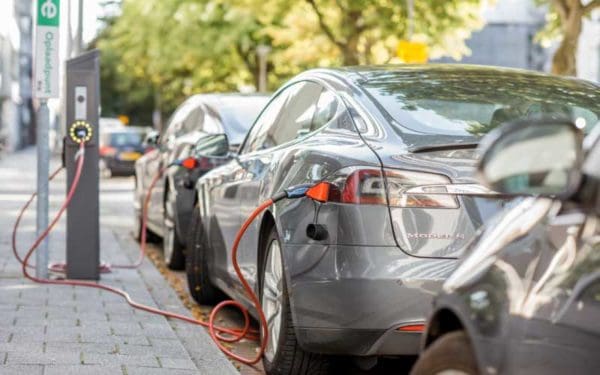
Getting serious about tackling the climate crisis means getting around without burning fossil fuels. Unfortunately, most cars and trucks still run on gasoline, which pollutes both our air and our climate. In fact in New England, the exhaust from cars, trucks, and buses accounts for more than a third of our climate-damaging emissions. This needs to change. Vermont needs to put at least 50,000 electric cars and trucks on the road by 2025 to meet the goals set forth in the State’s energy plan. With only around 3,000 on the road right now, we are far from on track to get there.
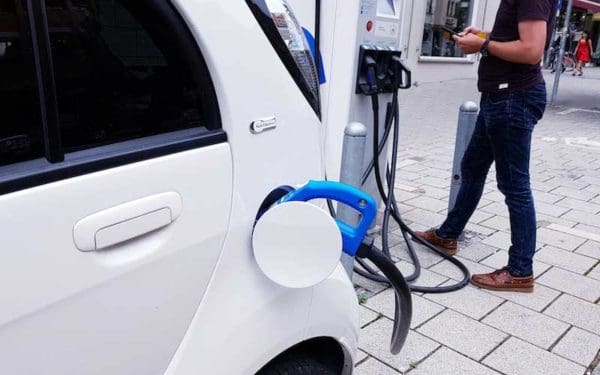
Air pollution poses a serious threat to our health, and the emissions from cars, trucks, and buses are some of the most dangerous. In Massachusetts, this pollution does not affect all communities equally.
